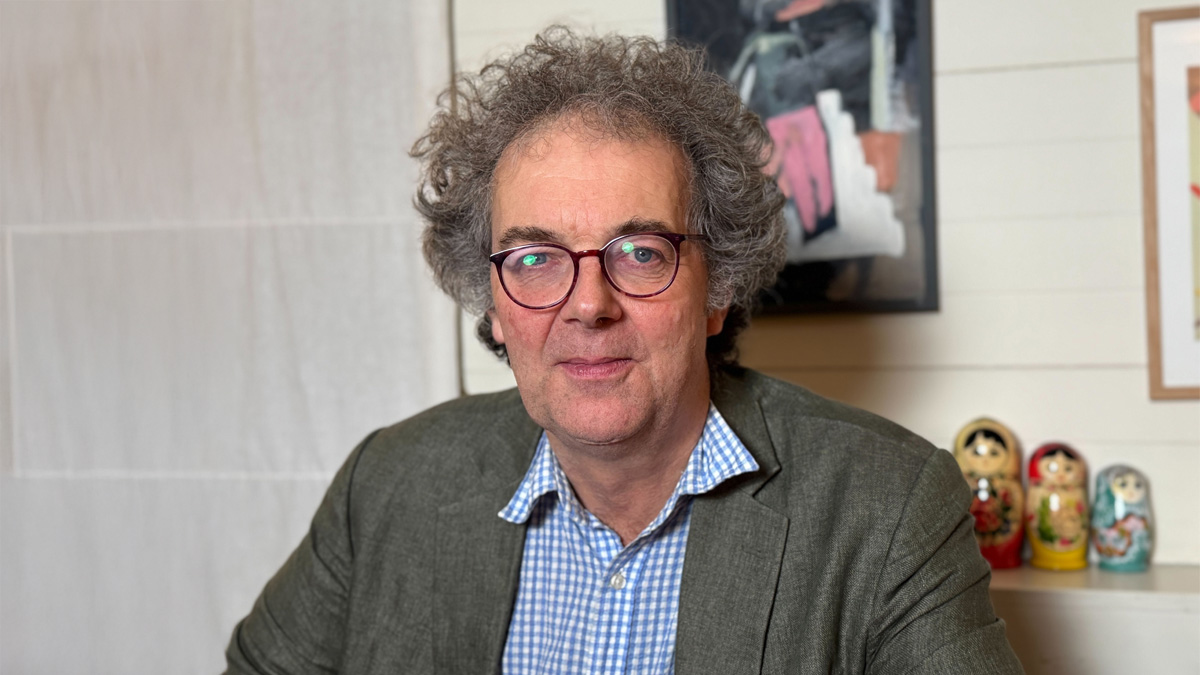Katherine Kostereva founded Creatio in 2014 in Boston on the east coast of the US, a place she says is just as dynamic as the fabled Silicon Valley of California. It has more than 800 employees.
Creatio is a no-code platform that lets businesses and employees design their own workflows and applications for functions like CRM or marketing without needing prior coding experience or relying on software developers.
Much of the interface is "drag and drop", allowing so-called citizen coders to do the work. The tech that underpins the platform is powered by artificial intelligence. One reason this approach is attractive to businesses is that there is a shortage of trained software engineers, so the recruitment environment is challenging.
Creatio is a tech unicorn that recently attracted $200m (£160m) in investment, valuing it at $1.2bn.
However, for nearly a decade Creatio was bootstrapped, so growing not with external investment, but with capital it earned through revenues. Kostereva's advice is that it is a good idea to bootstrap a business idea first before approaching external parties for capital investment.
By bootstrapping, a business will find out if it actually has the "horsepower" to scale, she says. It is also a way to find out if there is an early base of clients.
Also, by bootstrapping, the leader is forced to be "hands-on", learning how to execute the strategy. This means you can build a "holistic business plan" and therefore know exactly where to allocate the investment capital once you get it.
Related and recommended

Rohan Blacker looks back at his time with e-commerce pioneer Sofa.com and explains the thinking behind his latest online furniture project

Leaders must realise the tech revolution can achieve its full potential only when human values remain central to change

A closer look at the Northern companies turning artificial intelligence into measurable business results

Many argue the five-day week is no longer fit for purpose, but can a four-day week really work for businesses?

